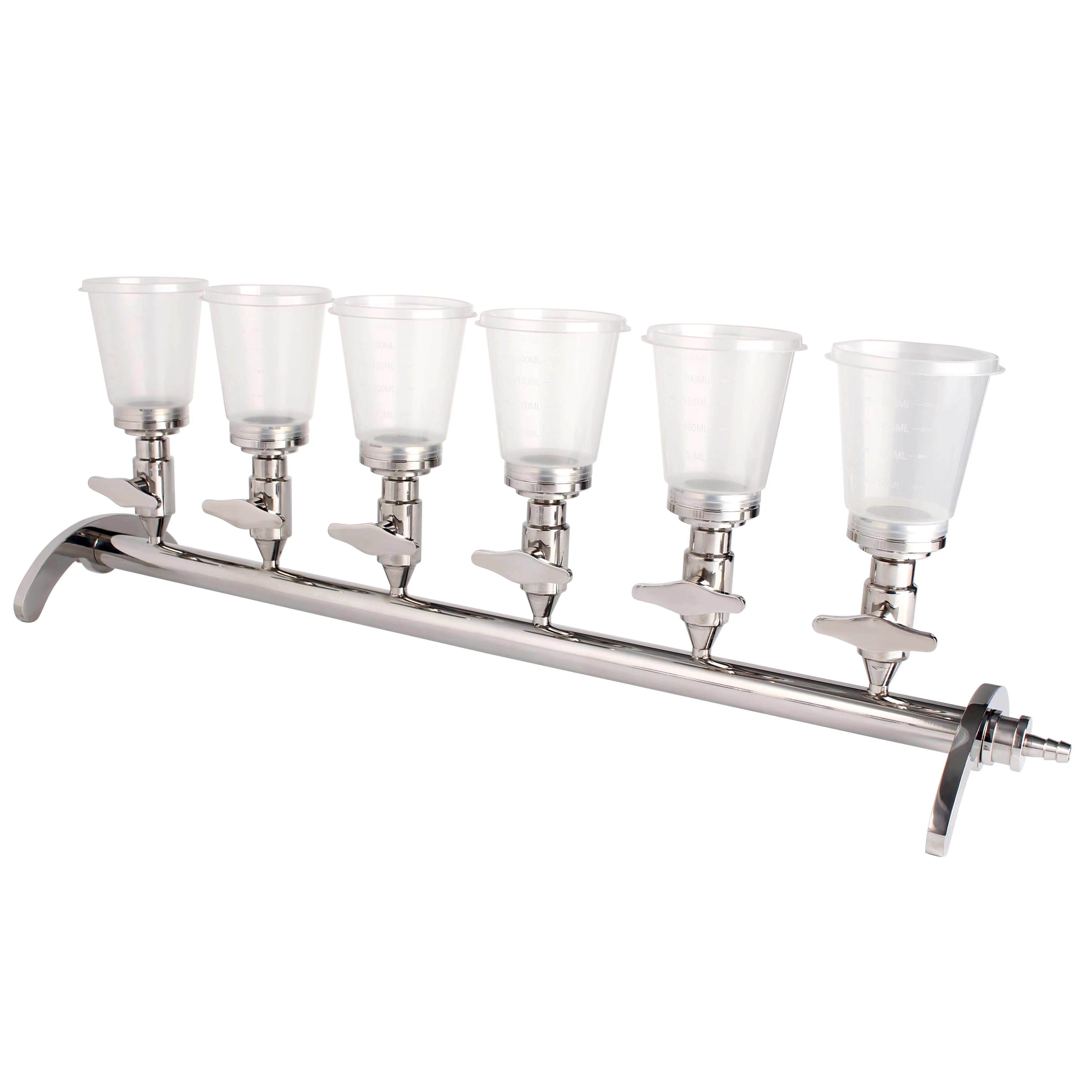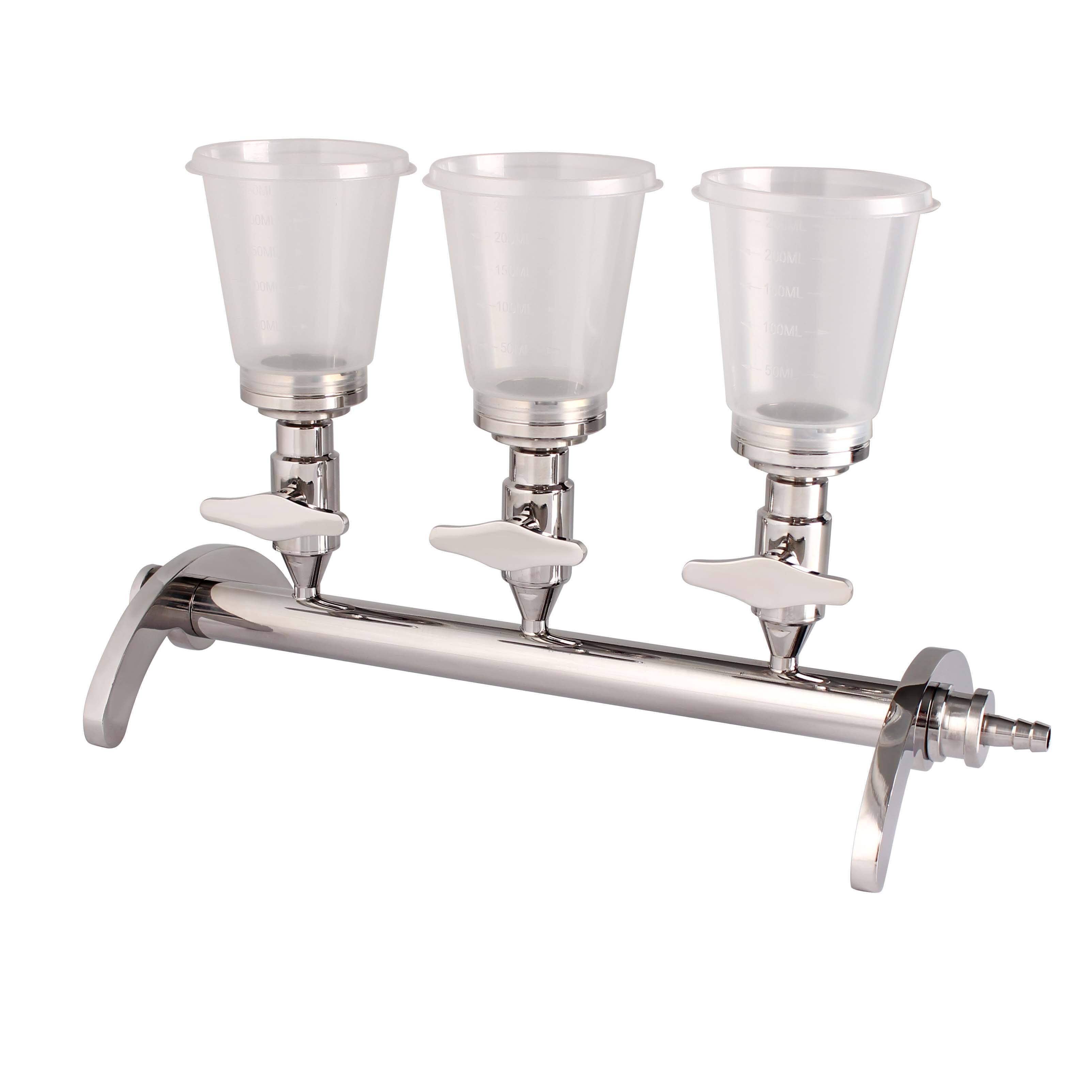laboratuvar vakum filtreleme sistemi
Bir laboratuvar vakum filtreleme sistemi, vakum basıncı uygulamasıyla sıvılar ve katı maddeleri etkili bir şekilde ayırmak için tasarlanmış temel bir ekipman parçasıdır. Bu sofistike sistem, vakum kaynağı, filtreleme kruvası, filtre funebri ve filtre ortamı gibi birkaç ana bileşenden oluşmaktadır. Teknoloji, bir basınç farkı yaratarak filtreleme işlemini hızlandırır ve bu da yerçekimi tabanlı filtreleme yöntemlerinden daha hızlı hale getirir. Sistemin tasarımı, çeşitli örnekle türleri için optimal filtreleme koşullarını sağlamak amacıyla vakum basıncının hassas bir şekilde kontrol edilmesine izin verir. Modern laboratuvar vakum filtreleme sistemleri, kimyasal dayanıklı malzemeler, dijital basınç kontrol arayüzleri ve modüler bileşenler içeren gelişmiş özelliklere sahiptir ki bu da esnekliği artırır. Bu sistemler, eczacılık araştırmaları, kimyasal analiz, çevresel testler ve gıda beslemesi laboratuvarları gibi birçok bilimsel alanda yaygın olarak kullanılmaktadır. Teknoloji, araştırmacılara birden fazla örneği eşzamanlı olarak işlemesine olanak tanırken, örnek bütünlüğünü korurken yüksek verimli bir süreç sağlar. Ayrıca, bu sistemler genellikle vakum serbest bırakma vanaları ve taşma koruma mekanizmaları gibi güvenlik özelliklerine sahip olup, laboratuvarda çalışan kişiler için hem verimli hem de güvenli hale gelir. Vakum filtreleme sistemlerinin uygunluluğu, küçük ölçekli analitik prosedürlerden daha büyük hazırlık uygulamalarına kadar farklı örnekle hacimlerinin işlenmesine izin verir ve bu da modern laboratuvar ortamlarında ayrılmaz birer parçalar haline gelirler.


